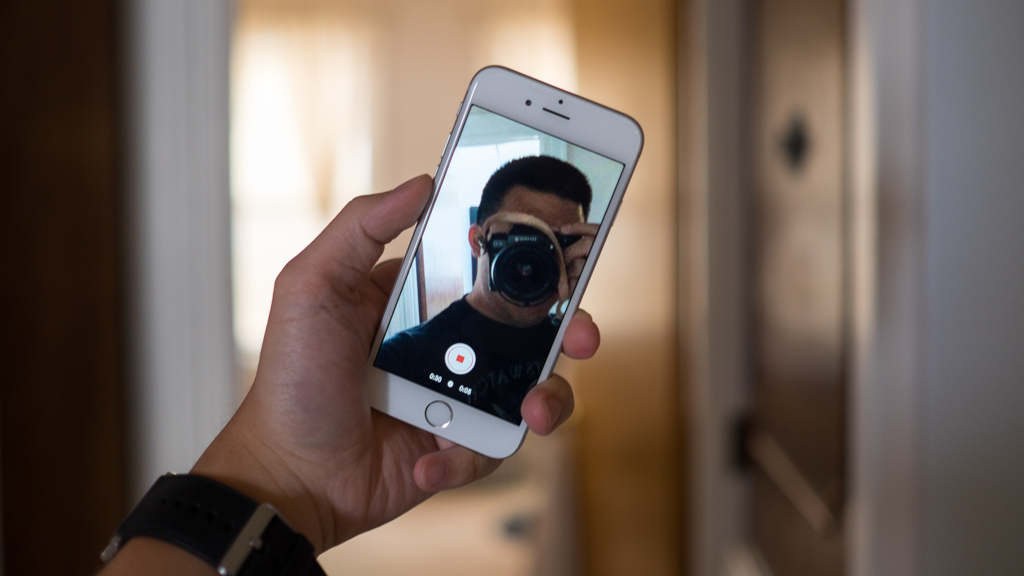
Perhaps the single most significant technological development of the past 25 years is the creation of the web. As we celebrate the web's 25th anniversary, we can look back and laugh about how little we once understood about its possibilities. But, even now that the web is ubiquitous in many of our lives, we're still left with a massive set of questions surrounding what happens to our information online. Who owns our data? How can we get a grip on our own personal digital lives?
With many of us conducting a vast majority of life and business online, digital has come to define our society. Many people under the age of 30 are more likely to send a text message rather than have a phone conversation.
We're more likely to send an email or IM than have a face-to-face conversation with a coworker. The unspoken issue is that we're creating a digital trail of all we say and do. For the first time in history, we're documenting everything without regard to where or how these records are kept and backed up. Our data has an eternal life, with each of us serving as our own personal historians, many times without even knowing it.
The bottom line is: if our digital records live in perpetuity, we need to take more ownership and control over where and how we choose to keep them. We have everything from libraries to museums to cave drawings to store our recorded histories from the past several centuries. But, with the nearly infinite data points we each create daily, why aren't we as concerned with keeping personal information as we have been in the past?
IDC projects that the digital universe will reach 40 zettabytes (ZB) by 2020 – 50 times larger than the digital universe at the beginning of 2010. There are more than 250 billion photos uploaded to Facebook. A typical day averages 350 million photo uploads, more pictures than there are people living in the United Kingdom.
Instagram users post 35 million selfies per day – that's more than 400 selfies per second. Twitter users send more than 400 million tweets per day; the average book has about 64,000 words. Even if each tweet was a single word long (when really, they average 28 characters, which would be a VERY long word), that'd be the equivalent of 6,250 novels per day.
With this newfound data explosion, we have no idea what our data archives will look like in the next 100 years. But one thing is for certain, many consumers aren't aware of the importance of their personal data until its too late. A device is lost, stolen, or damaged (along with the digital trail they've created over time). With data volumes growing, the single best way to preserve our information is to do it invisibly and automatically.
Sign up to the TechRadar Pro newsletter to get all the top news, opinion, features and guidance your business needs to succeed!
The expanse of information we create, combined with the relative newness of the Internet itself, has given rise to entire industries centered around data: from backup and storage, to sorting the big data we create to the benefit of governments and society at large. Let's focus for a moment on what it would take to make sure each individual's digital record is protected online.
Imagine a world where each of us was able to keep a private, personal record without giving it a second thought. Much like how Internet security software invisibly runs in the background, blocking malicious viruses and other threats from infecting our machines, an automatic backup archive would save time and frustration when inevitably our devices fail. Our individual data would always live on.
If each of us served as our own data historians and archivists, we'd each be able to maintain a personal history in addition to the public histories we put out into the world. It's strange to think that in 2032 the UK Prime Minister will have a Facebook page that chronicles his or her entire adolescence. While this thought raises interesting questions about the information we choose to broadcast, it also creates an entirely renewed sense urgency around storing the digital moments of our lives in a place where only we can access them.
- Nat Maple, Senior Vice President & General Manager, Global Consumer/SOHO, OEM and Online, Acronis.